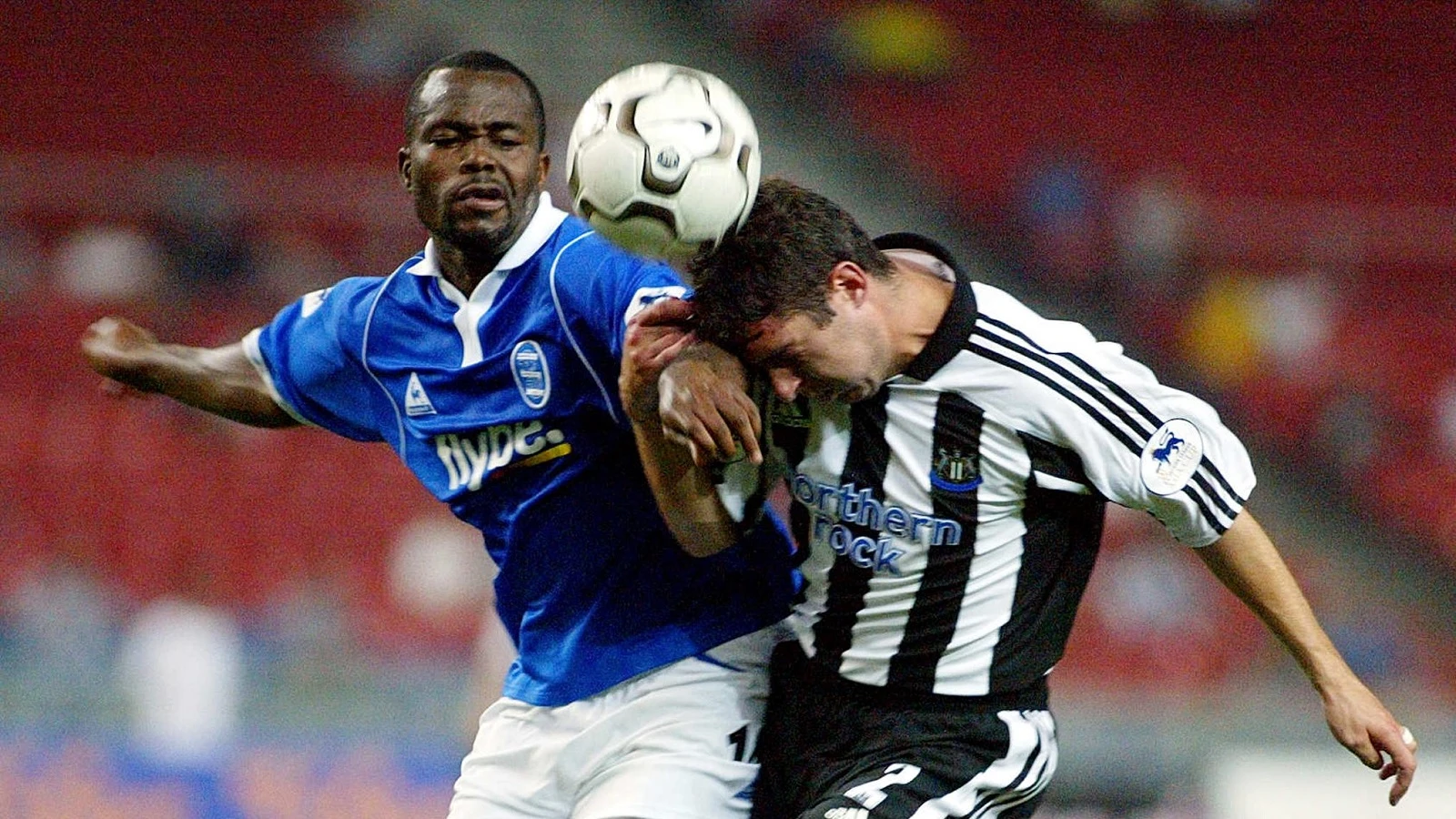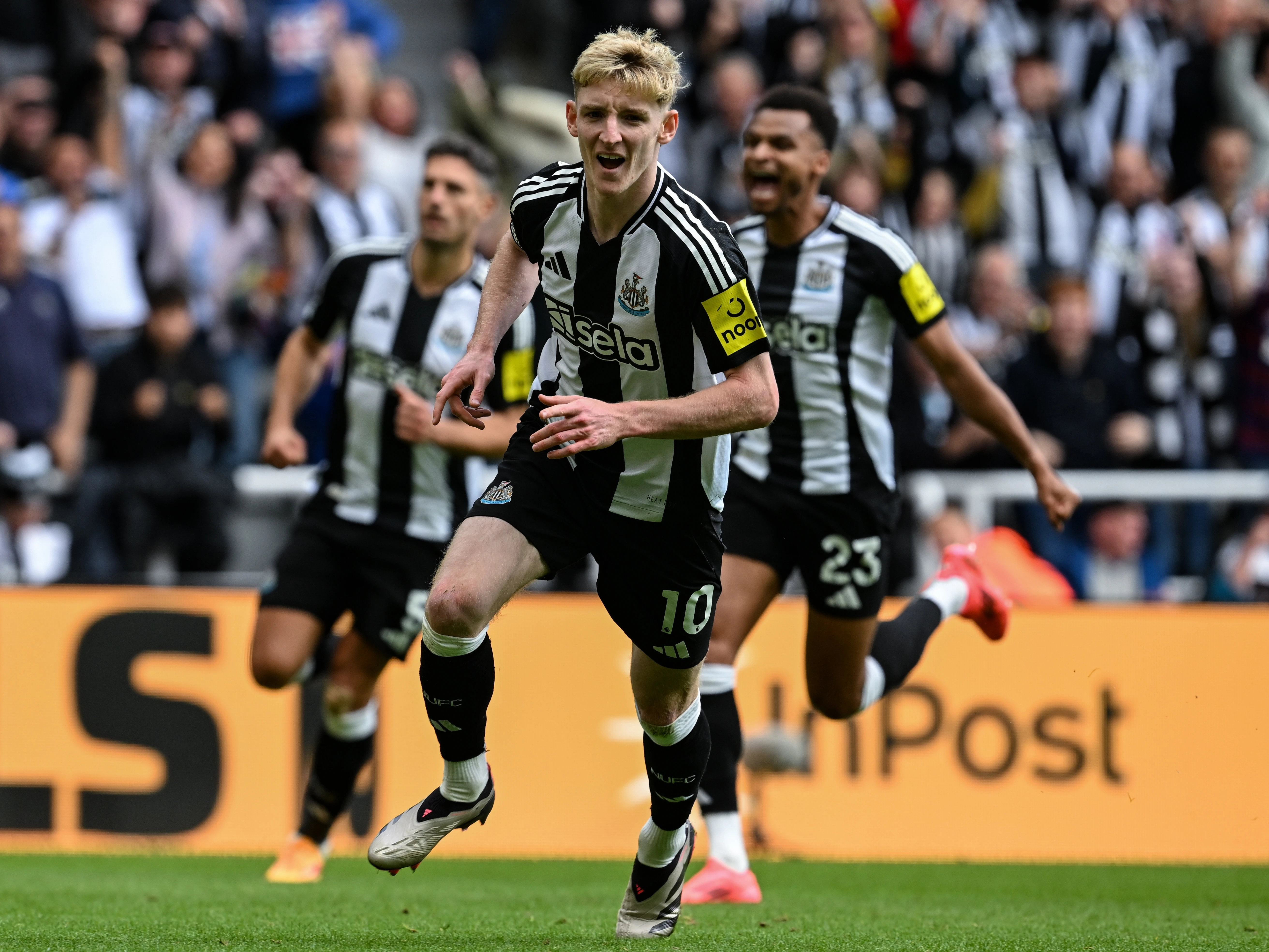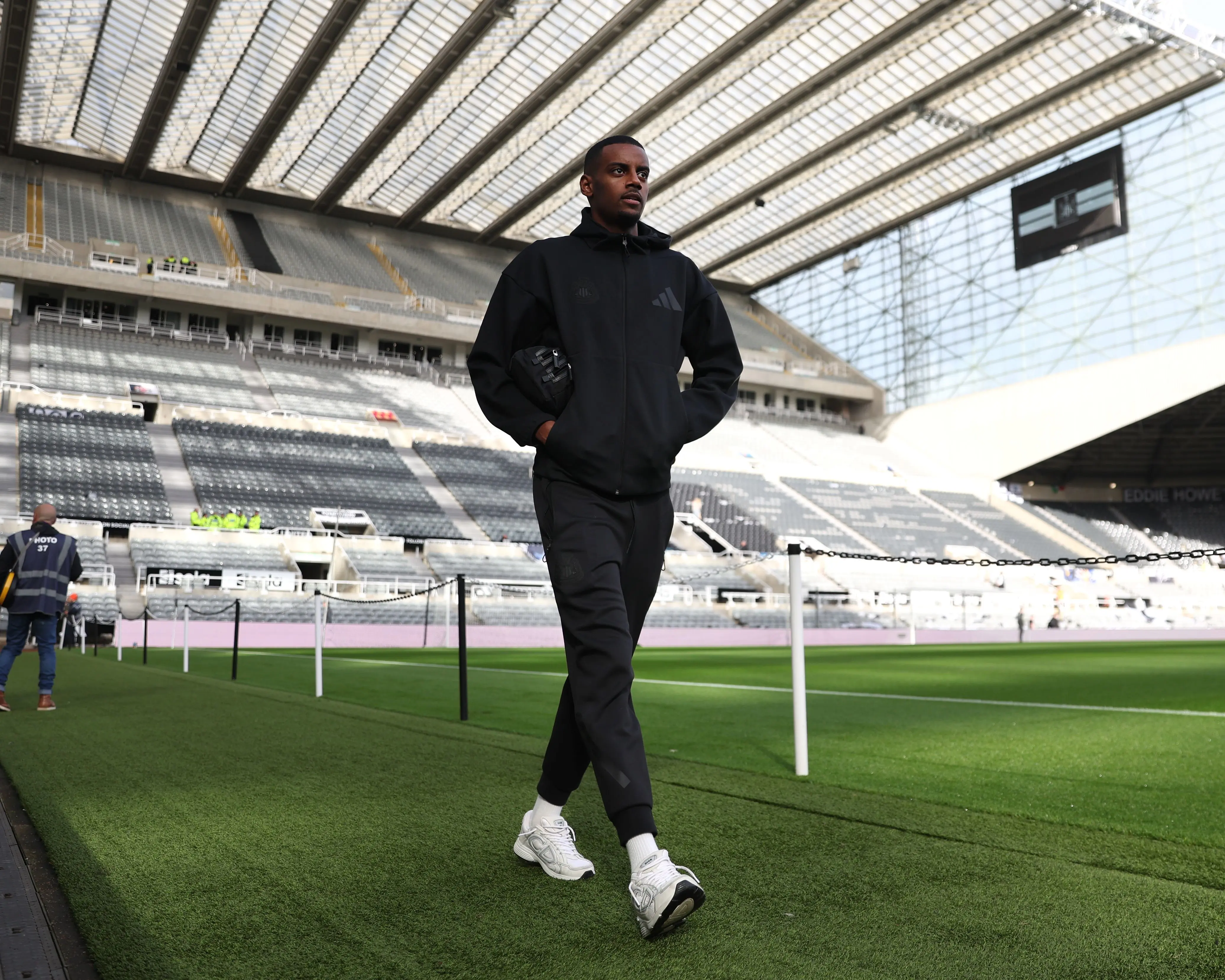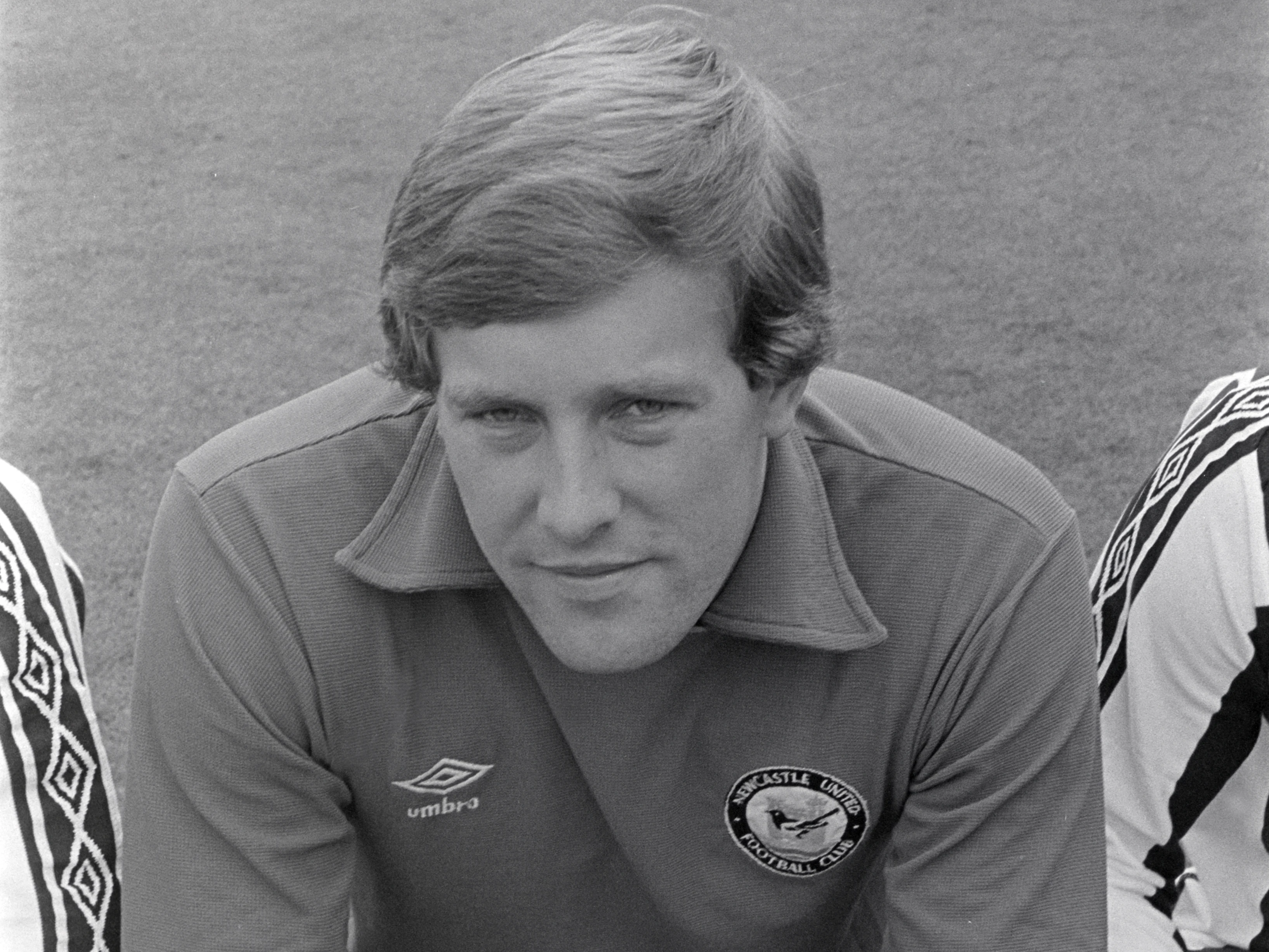Griffin was part of the Newcastle side who took part in the tournament’s maiden instalment back in 2003, joining Birmingham City, Chelsea and the Malaysian national team for the four-day event, which took place in Kuala Lumpur.
The Asia Trophy has since been held every two years, moving from Malaysia to Thailand for the 2005 edition, and later to Hong Kong, Singapore and China – who will again serve as the host country this time around.
Griffin and a United outfit managed by Sir Bobby Robson had just registered a top-three finish in the Premier League as they headed out to the Far East, and the former defender admitted there was a certain novelty attached to the prospect of taking on fellow English opposition on the other side of the globe.
“It was a totally different and unique experience,” he told nufc.co.uk. “Things are a lot different now, and teams are going to all four corners of the world during pre-season. But in 2003 – it’s a long time ago – it was a little bit of an adventure going over to Malaysia.
“It was roughly around the time (Roman) Abramovich took over at Chelsea, and they were just turning into a bit of a powerhouse. They’d just bought a few players – I think Wayne Bridge had just signed and Duffy (Damien Duff) had gone as well. The tournament had a lot of exposure, it was very exciting and we were all looking forward to it.”
In their opening encounter, Newcastle saw off Birmingham to progress to the final. Alan Shearer broke the deadlock from the spot, only for the Blues’ Paul Devlin to restore parity with a penalty of his own. 15 minutes from time, however, Shola Ameobi settled the clash in United’s favour with a header from Craig Bellamy’s cross.
Lying in wait were a Chelsea side gearing up for a title challenge having just been taken over by Russian oligarch Abramovich. In sweltering conditions, the two teams cancelled each other out over the course of 90 minutes before heading straight for a penalty shootout. Though Shearer and Laurent Robert failed to score, Shay Given denied both Duff and Jimmy Floyd Hasselbaink to keep the Magpies in with a shout. But, after John Terry converted for Chelsea, Jermaine Jenas fluffed his lines with a misjudged Panenka penalty to gift Claudio Ranieri’s side victory.
“I remember JJ’s penalty – he tried to dink it down the middle but it went over the bar,” Griffin recalled. “Bobby wasn’t best pleased! If those kinds of penalties come off then they look cool, but when they don’t you look a little foolish.
“I remember losing seven pounds in one game. We were getting weighed before the game and after the game because the humidity over there was so high and you were losing so much body fluid. The club doctor and the physios were very, very hot on that – and rightly so. Before the Chelsea game, I remember Bobby saying to me: ‘They’ve just signed Duffy – it’s going to be a tough job for you but go out there and play your usual game.’”
Griffin continued: “As a professional athlete, whenever you go and play a football match you see it as if you’re going into battle. And we’d obviously travelled very far away to play in a cup competition. Yes, it wasn’t like the FA Cup or anything like that, but it was still a cup competition and we were pitting ourselves against a very tough, rugged Birmingham side and a Chelsea side full of flair and industry and on the brink of becoming a great, great team. It was a tournament where we knew we had to be at our best, but we failed to beat Chelsea and obviously that was disappointing.”
Griffin celebrates after scoring the Magpies' winning goal against Juventus in October 2002.
United, Chelsea and Birmingham were all based at the Palace of the Golden Horses, a five-star hotel on the edge of Kuala Lumpur’s city centre previously used by the likes of the Queen, Nelson Mandela and Kofi Annan.
“I can remember playing plenty of games of pool in the lobby!” Griffin laughed. “That was pretty cool – particularly playing with John Terry and Frank Lampard, being legends in the game of football. And I can remember myself, Aaron Hughes, a couple of other players, John Carver and the manager going to a market and Bobby saying: ‘If there’s anything you want, you can get it here. It mightn’t be legitimate, but you can get it!’ That was a bit of an eye-opener.”
Ultimately, though, the Magpies were – to some extent – among the guinea pigs for a competition just looking to get off the ground. That it has since managed to cement its place in the footballing calendar is no surprise to Griffin, who famously struck United’s winning goal against Juventus in the 2002/03 Champions League.
“You have to take into consideration how football, the Premier League, Newcastle United, Chelsea and all of these other teams are bigger – in terms of the brand and being worldwide-touching – than what they were,” he said. “I sampled it – obviously the quality of football that was being played over there, particularly Newcastle and Chelsea, was something the locals were enjoying and wanting to see. They were all buying into it and I guess it was only ever going to go one way. As we’ve seen with the monster of the Premier League, its tentacles touch all parts of the world now.”
Now 40, Griffin is based back in Staffordshire – where he began his professional career with Stoke City. Having retired from the game in 2014, he has since established his own full-time college programme known as the Andy Griffin Football Academy, centred in Newcastle-under-Lyme.
“I run the Academy from Newcastle College, though we’ve expanded it to Stafford College because the two colleges have merged,” he explained. “It’s almost like you’re running two Academies – it’s very busy and we’re just trying to get bigger and better. We’re trying to bring in better players technically, mentally, and trying to create exit routes for players who haven’t managed to gain scholarships. It’s a case of ‘come to us, get your education, enjoy the footballing programme, train twice a week, play on a Wednesday, have your analysis on a Thursday’ and yeah, we basically try to run it as you would a professional football club. It’s good, and you obviously have that sense of giving something back to the community, because football gives you so much.”




